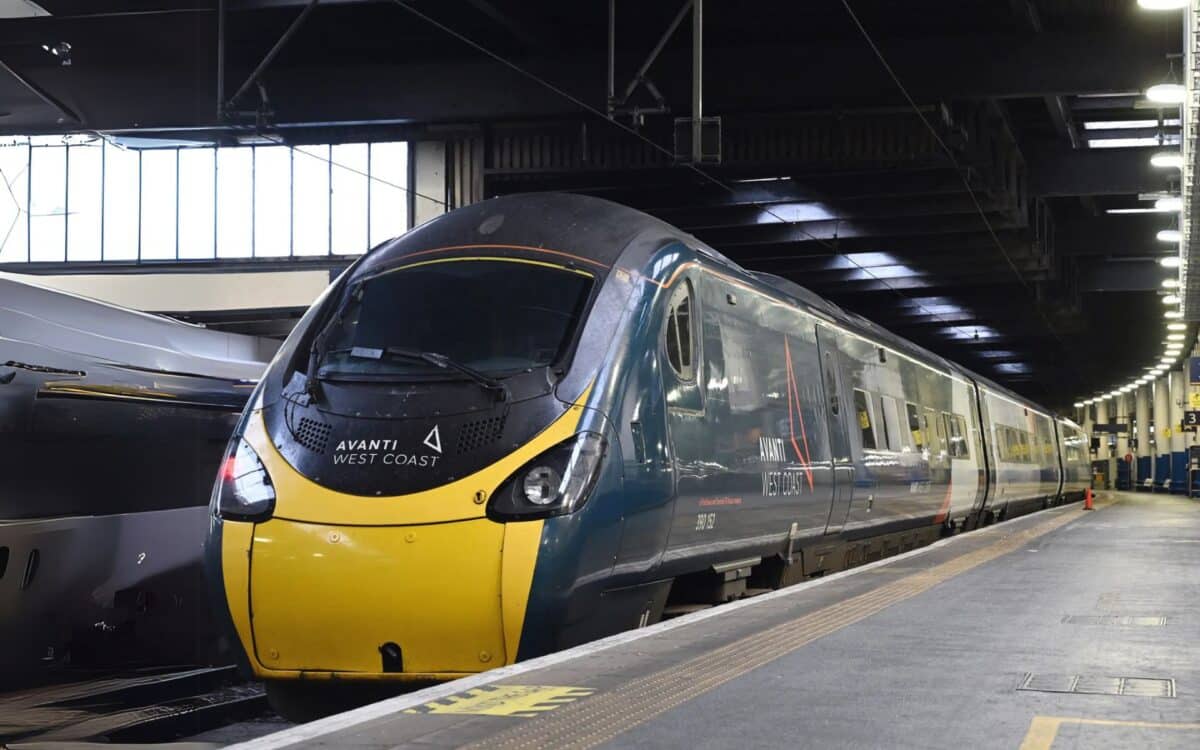Travelers across the UK face yet another wave of disruption as train managers at Avanti West Coast continue their industrial action. With critical routes affected and services significantly reduced, the ongoing strikes highlight unresolved tensions between the operator and the Rail, Maritime and Transport union (RMT).
Rail Services Hit by New Wave of Strikes
Passengers across the UK face fresh travel challenges as train managers at Avanti West Coast continue their strike action. The latest disruption stems from an ongoing dispute between the operator and the Rail, Maritime and Transport union (RMT), with disagreements centered on rest-day working and staffing shortages. The strike affects critical routes, leaving thousands of passengers scrambling for alternatives.
Key services impacted
- Reduced service levels: Only one train an hour between Euston and major hubs like Wolverhampton, Crewe, and Manchester.
- No services: North Wales, Blackpool, and Edinburgh routes are entirely suspended.
- Limited operating hours: First trains begin at 8 a.m., with final departures before 5 p.m.
Passengers are advised to double-check schedules and consider alternative travel arrangements due to the heavily impacted timetable.
Broader implications
The strikes not only disrupt daily travel but also raise concerns about the sustainability of current rail operations. Prolonged disputes risk eroding passenger confidence and putting further financial strain on an already fragile industry.
- Prolonged disruption: Weekly strikes scheduled every Sunday from January 12 to May 25, 2025.
- Strain on resources: Increased reliance on replacement managers and overtime continues to strain Avanti’s operations.
The strikes not only disrupt daily travel but also raise concerns about the sustainability of current rail operations. Prolonged disputes risk eroding passenger confidence and putting further financial strain on an already fragile industry.
Voices in the dispute
Avanti West Coast’s stance remains firm as they navigate through ongoing negotiations, emphasizing the necessity for operational changes to meet financial challenges. Union representatives, however, argue these adjustments compromise worker rights and safety.
Prolonged disruption: Weekly strikes scheduled every Sunday from January 12 to May 25, 2025.
Avanti West Coast’s stance
Kathryn O’Brien, executive director of customer experience at Avanti, expressed disappointment at the strikes, urging passengers to explore alternate travel dates. She reiterated Avanti’s willingness to engage with the RMT to resolve the dispute but highlighted the operational difficulties caused by the industrial action.
Key points:
- Passengers can claim fee-free refunds for affected journeys.
- The company emphasizes ongoing efforts to mitigate service disruptions.
RMT’s perspective
The union has criticized Avanti’s reliance on replacement managers, arguing it exacerbates costs and fails to address the core issue of understaffing.
Core concerns:
- Replacement managers reportedly earn £500 per shift, nearly double the average for regular staff.
- A resolution to staff shortages could reduce dependency on overtime and alleviate disruptions.
The long road to resolution
The protracted nature of these negotiations highlights the deep-rooted issues within the industry, such as pay disputes and working conditions, which have been exacerbated by financial constraints and changing travel patterns. Stakeholders have yet to find common ground, complicating efforts to reach an amicable and lasting resolution.
Why the dispute persists
At its core, the conflict highlights deeper systemic issues within the rail industry, including staffing shortages and outdated employment practices. While both sides remain publicly open to negotiation, progress has been slow, with passengers bearing the brunt of the fallout.
Challenges ahead
- Balancing cost: Resolving the dispute may require increased investment in staff and improved working conditions.
- Passenger patience: Prolonged disruptions risk further damage to Avanti’s reputation among commuters and travelers.
The ongoing strikes underline a persistent challenge in the UK rail network, reflecting broader tensions in public transport services. For now, passengers must navigate disruption with limited solutions in sight.









